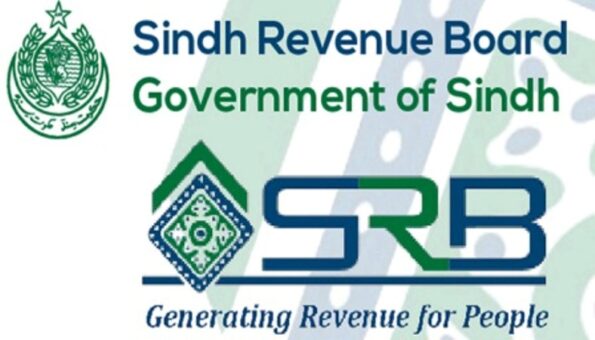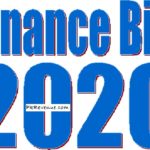KARACHI: The stock market gained 315 points on Tuesday amid thin volumes because of fiscal year end.
The benchmark KSE-100 index of Pakistan Stock Exchange (PSX) closed at 34,053 points as against 33,738 points showing an increase of +315 points.
Analysts at Arif Habib Limited said that the market followed the momentum made yesterday.
Traded volume remained thin as have been the case in the past couple of sessions, mainly due to financial year end marked to market valuation of portfolio scrips by institutional investors.
Among E&P Stocks, OGDC came in limelight with price gains, which was aided by an upward move in international crude oil prices. Similarly, PSO also witnessed price gains during the session.
Banking sector stocks also traded largely in the positive territory. Technology sector stocks topped the volumes with 20.9 million shares, followed by Cement (15.5 million) and Chemical (14.2 million).
Among scrips, TRG led the volumes with 11.8 million shares, followed by UNITY (11 million) and MLCF (6.9 million).
Sectors contributing to the performance include E&P (+68 points), Cement (+38 points), O&GMCs (+35 points), Power (+29 points) and Banks (+27 points).
Volumes declined from 161.2 million shares to 160.6 million shares (-0.8 percent DoD). Average traded value also declined by 9 percent to reach US$ 33.5 million as against US$ 36.5 million.
Stocks that contributed significantly to the volumes include TRG, UNITY, MLCF, PAEL and PRLR1, which formed 26 percent of total volumes.
Stocks that contributed positively to the index include OGDC (+36 points), HUBC (+29 points), FFC (+22 points), TRG (+20 points) and MEBL (+19 points). Stocks that contributed negatively include ENGRO (-10 points), PAKT (-8 points), PMPK (-5 points), BAHL (-5 points), and THALL (-5 points).






